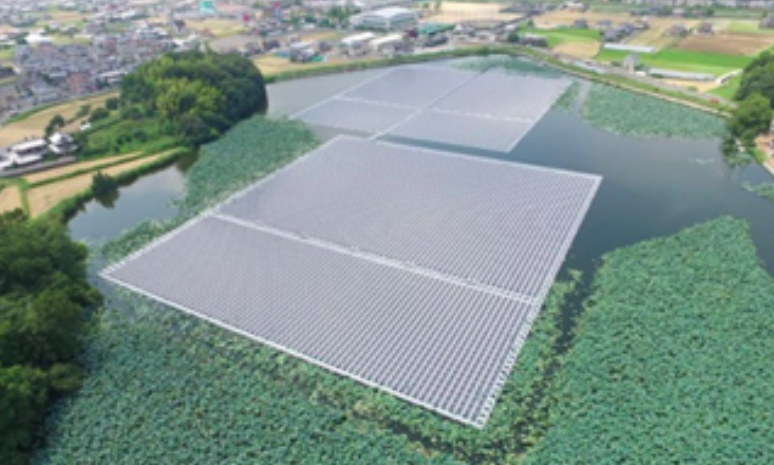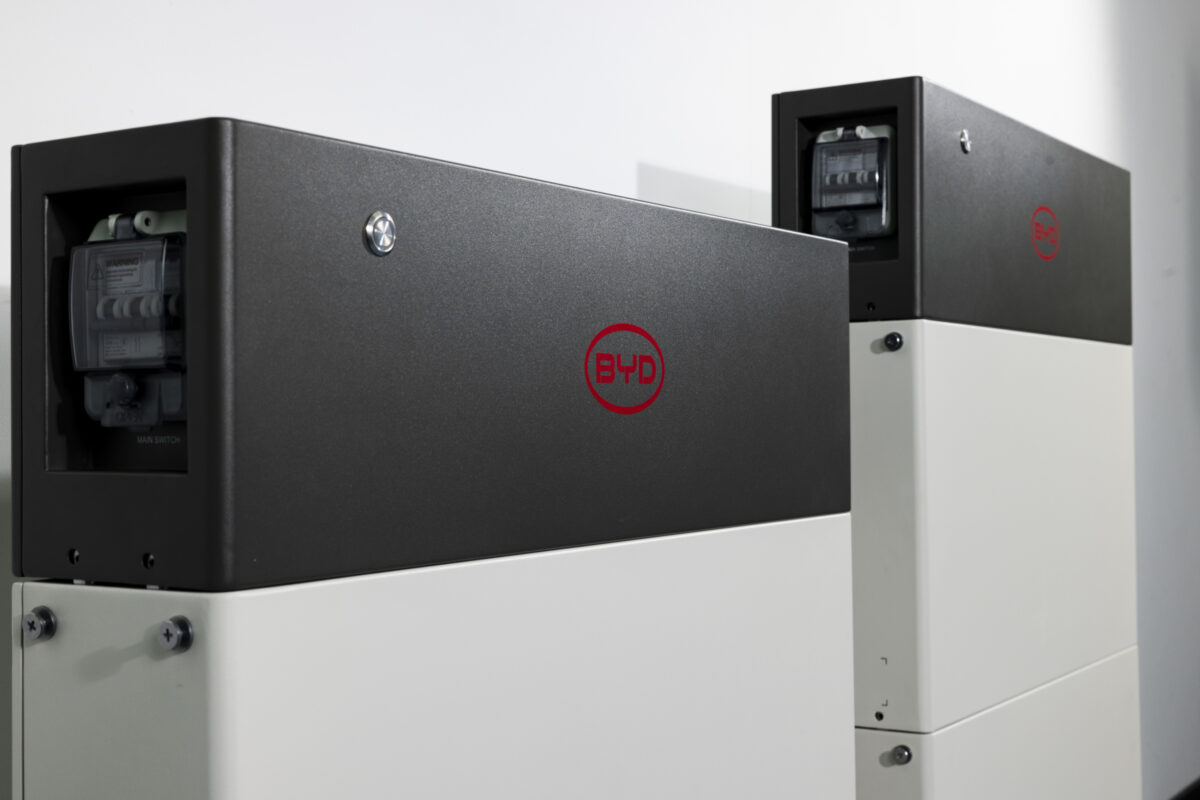The project is located west of Osaka on the island of Shikoku, in the town of Miki, Kagawa prefecture. It is the biggest floating PV project that the two companies have worked on to date. The Mitsubishi group’s polyethylene terephthalate film technology was applied to lock out moisture and prevent corrosion. Mitsubishi Electric installed more than 9,500 PV modules at the site, according to a online statement.
Japan — along with China and South Korea — is among the world’s earliest markets for floating solar. The segment is now rapidly expanding throughout the world, with huge potential for greater deployment throughout Southeast Asia. Lu Zhao, head of PV System Technology Group at the Solar Energy Research Institute of Singapore (SERIS), recently told pv magazine that globally, floating PV could also be combined with hydropower generating capacity at the terawatt scale.
In September, French floating PV specialist Ciel et Terre started installing 2.5 MW of solar capacity in a small city to the west of Nagoya, Japan. The array — situated on a pond in Tsu, Mie prefecture — is set for completion this month. Ciel et Terre — an early mover in Japan’s niche floating PV segment — has deployed its proprietary Hydrelio floating platforms in a number of projects throughout the country in recent years, particularly in cooperation with Kyoto-based PV module supplier Kyocera.
Last year, nearly 1.5 GW of floating PV, including some pile-mounted capacity, was tendered in China’s Anhui and Shandong provinces under the Chinese government’s Top Runner scheme. In May of this year, the world’s biggest floating PV project — a 40 MW solar array — at an aquaculture business in Huainan, Anhui province.
This content is protected by copyright and may not be reused. If you want to cooperate with us and would like to reuse some of our content, please contact: editors@pv-magazine.com.



1 comment
By submitting this form you agree to pv magazine using your data for the purposes of publishing your comment.
Your personal data will only be disclosed or otherwise transmitted to third parties for the purposes of spam filtering or if this is necessary for technical maintenance of the website. Any other transfer to third parties will not take place unless this is justified on the basis of applicable data protection regulations or if pv magazine is legally obliged to do so.
You may revoke this consent at any time with effect for the future, in which case your personal data will be deleted immediately. Otherwise, your data will be deleted if pv magazine has processed your request or the purpose of data storage is fulfilled.
Further information on data privacy can be found in our Data Protection Policy.